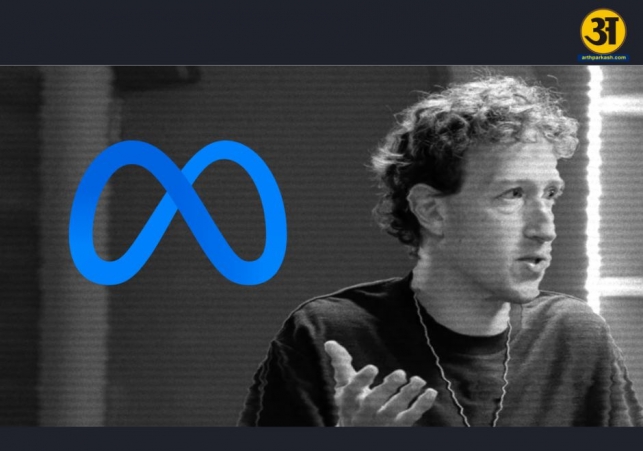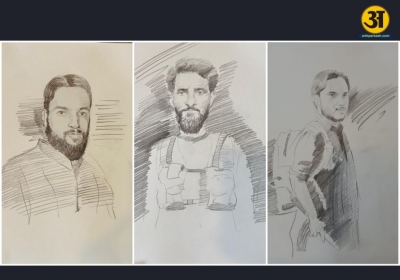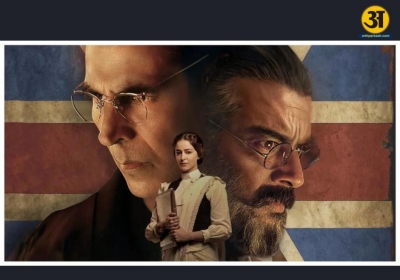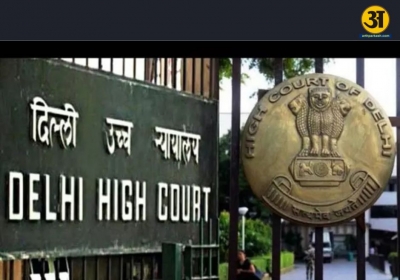
Zuckerberg testifies in major US antitrust trial
Meta CEO Mark Zuckerberg testifies in landmark US antitrust trial over tech monopoly concerns
Meta CEO Mark Zuckerberg appeared in a Washington court on Monday as part of a major antitrust trial. The U.S. government accuses Meta, previously known as Facebook, of using unfair business practices. The company allegedly bought smaller competitors like Instagram and WhatsApp to remove any threats to its market power.
The case was filed by the Federal Trade Commission (FTC), which is the U.S. agency that monitors companies to ensure fair competition. They claim Facebook didn’t want to compete fairly with other growing apps, so it simply bought them. The trial could lead to Meta being forced to sell Instagram and WhatsApp.
The Instagram and WhatsApp controversy
During the hearing, FTC lawyers showed an old Facebook email from 2011. It warned that Instagram was becoming very popular on smartphones and could compete with Facebook’s photo-sharing features. In another email from 2012, executives discussed buying Instagram but not improving it — just keeping it running to avoid annoying users, while Facebook worked on its own products. Zuckerberg responded by saying these were just early ideas and not final decisions.
The FTC says this is part of a larger pattern. They argue Facebook used its money and power to buy any new app that looked like a threat. They believe the company thought it would be easier to buy out rivals than try to compete. FTC attorney Daniel Matheson said, “They decided that competition is too hard.”
Meta’s lawyer Mark Hansen disagreed. He said buying companies to help them grow is not against the law in the United States. He argued that Instagram and WhatsApp became so successful because Facebook invested a lot of money and effort into improving them.
The case centers around Facebook's purchase of Instagram in 2012 for $1 billion. Back then, Instagram was just a small photo-sharing app. Today, it has more than two billion active users. In an email from that time, Zuckerberg called Instagram’s growth “really scary” and said that’s why Facebook might pay a lot of money to buy it.
Similarly, in 2014, Facebook bought WhatsApp for $19 billion. WhatsApp was a fast-growing messaging app that didn’t have ads. The FTC believes Zuckerberg feared it might turn into a new type of social network or get bought by a competitor. Meta argues that it took risks and spent money to make WhatsApp better and more useful for everyone.
A political background and big stakes
This trial comes years after the case was first filed in December 2020, during Donald Trump’s presidency. Many thought that if Trump returned to power, he might tell the FTC to stop pushing the case. But that didn’t happen.
During that time, Zuckerberg was reportedly trying to make peace with the Trump administration. He gave money to Trump’s inauguration fund and made changes to Meta’s content policies. He also bought a $23 million house in Washington, possibly to stay closer to political leaders.
Zuckerberg’s former colleague, Sheryl Sandberg, and leaders from other tech companies will also testify during the trial. The trial is expected to last around two months.
The FTC claims that Meta is a monopoly. A monopoly is when one company controls most of a market, making it hard for others to succeed. The government says Meta harms users by showing too many ads and making unwanted changes to its apps. Even though Facebook, Instagram, and WhatsApp are free to use, the FTC argues that the poor user experience shows how little competition there is.
ALSO READ: Blue Origin's historic all-female NS-31 launch set for Monday amid favorable weather
ALSO READ: Earthquake of 6.2 magnitude strikes off the coast of Papua New Guinea
A major question in the trial is how to define the “market.” The FTC says Meta dominates the market for apps that help people connect with family and friends. They claim TikTok and YouTube are not direct competitors. But Meta disagrees. It argues that its apps compete with many others, including TikTok (owned by a Chinese company), YouTube, iMessage, X (formerly Twitter), and more.
Meta’s spokesperson said, “Every 17-year-old knows these apps compete. The FTC is ignoring reality.” A lawyer who is following the case, Brendan Benedict, wrote on Substack that the broader Meta can define its competition, the harder it will be for the FTC to win the case.
This trial is being watched closely around the world. If Meta loses, it could have to separate its biggest apps. That would be a huge change in how social media companies work. If Meta wins, it could make it harder for governments to challenge large tech companies in the future.
For now, the court will continue to hear arguments and review old emails and documents to understand whether Facebook broke the law when it bought Instagram and WhatsApp. The final decision could change the future of Big Tech in the United States and beyond.





